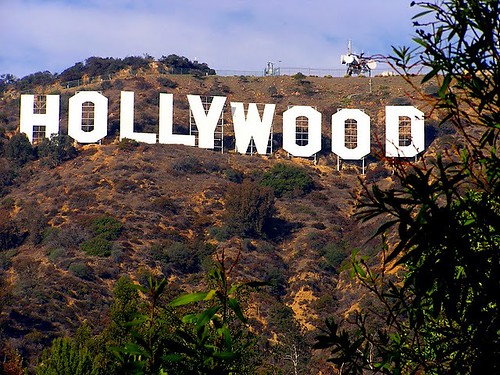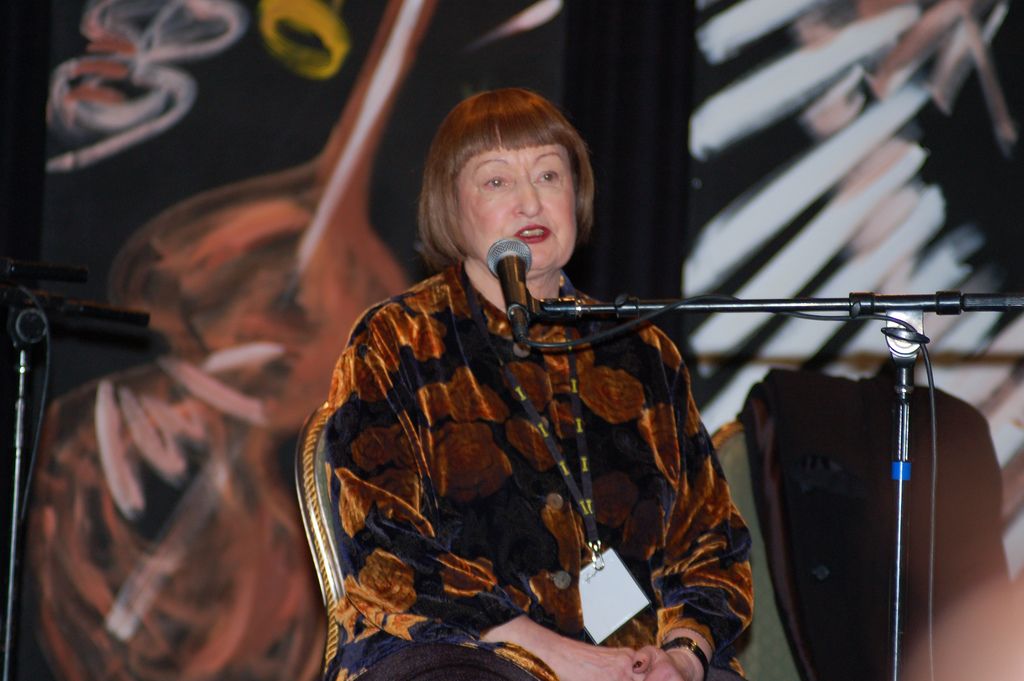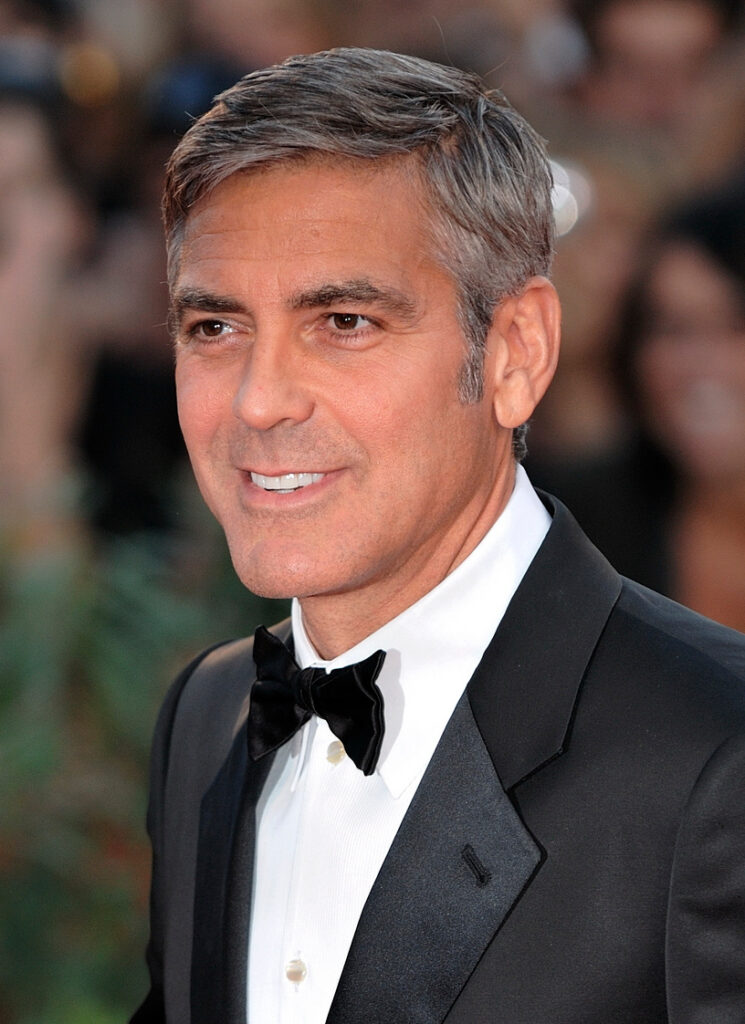
George Clooney. The name alone conjures images of effortless charm, razor-sharp wit, and an undeniable command of both the silver screen and the political stage. For decades, he has graced our screens, evolving from a beloved television heartthrob to an Oscar-winning icon, a formidable director, and a public figure whose opinions resonate far beyond Hollywood. Yet, even for a star of his magnitude, the relentless hum of public scrutiny and critical dissection remains a constant, often probing at the very essence of his craft.
In an industry obsessed with reinvention and chameleon-like transformations, a particular criticism has frequently shadowed Clooney: the assertion that he, well, just plays himself. It’s an observation many actors might shy away from, eager to defend their range. But Clooney, ever the disarming conversationalist, approaches such critiques with a characteristic blend of frankness and irreverence, offering insights that illuminate his acting philosophy and his broader perspective on fame, success, and self-identity.
Join us as we delve into the multifaceted world of George Clooney, exploring his candid responses to the most persistent questions about his acting, his journey through a career that blossomed later than most, and how these experiences shape his current projects and views. We’ll unpack his nuanced understanding of portraying oneself, his appreciation for his diverse filmography, and his insights into the inevitable progression of age in a youth-obsessed profession, all while revealing the unflappable spirit that makes him one of Hollywood’s most enduring and fascinating figures.
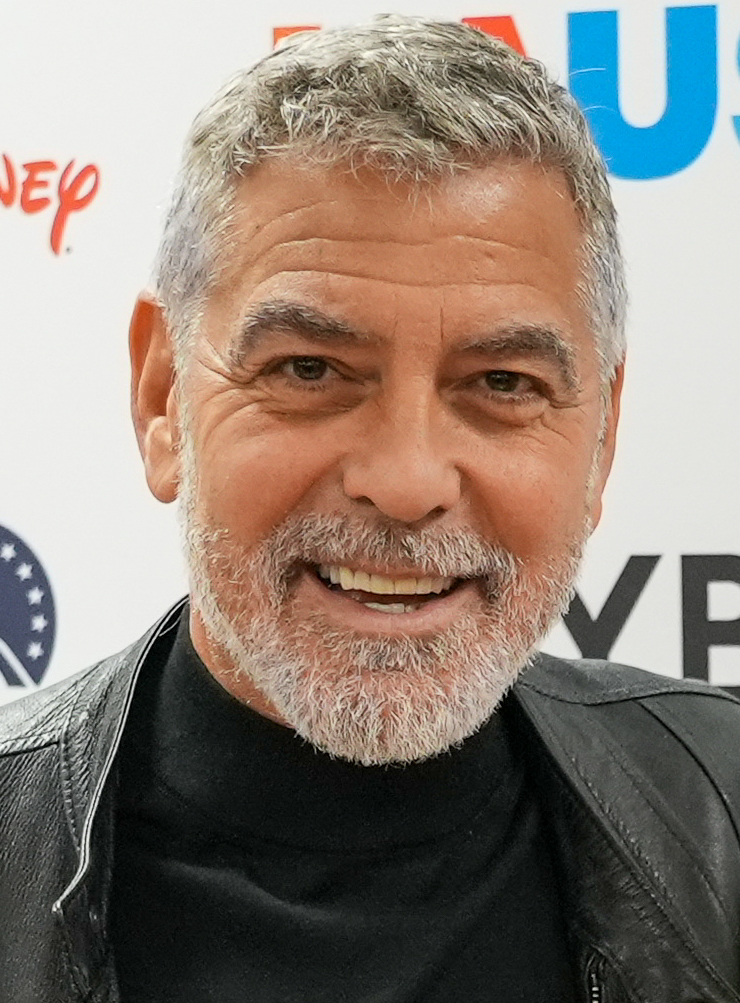
1. **George Clooney’s Unapologetic Stance on Acting Range Criticism**The question has lingered in the air for years, a whisper among critics: does George Clooney truly possess a wide acting range, or does he simply, impeccably, play a version of himself in every role? It’s a challenge to his artistic versatility, one that might sting a less secure performer. Yet, Clooney, with the seasoned confidence of a man who has seen it all, meets this particular inquiry with a definitive, unvarnished response.
“Do people say that I only play myself? I don’t give a s***,” Clooney declared to Vanity Fair, a statement delivered with the casual dismissiveness only a true veteran can master. This isn’t an actor in denial, nor someone lashing out. Instead, it’s the sound of an artist comfortable in his own skin, secure in his contributions to cinema, and utterly unbothered by interpretations he perceives as missing the larger point of his enduring career.
His follow-up reinforces this sentiment, transforming what might be seen as a limitation into a unique strength. He pointedly asks, “There aren’t that many guys in my age group that are allowed to do both broad comedies like ‘O Brother [Where Art Thou?]’ and then do ‘Michael Clayton’ or ‘Syriana.’” This isn’t just a list of credits; it’s a testament to a career built on diverse genre explorations, a deliberate choice to oscillate between laugh-out-loud humor and gripping, morally complex dramas. To him, the very ability to traverse such disparate cinematic landscapes disproves the narrow criticism.
Clooney further reiterated his disinterest in conforming to external expectations. “So if that means I’m playing myself all the time, I don’t give a s***,” he concluded. This unflinching attitude highlights a profound understanding of his own persona and impact. It suggests that perhaps critics miss the forest for the trees, failing to appreciate the depth and specific skill required to embody a character so authentically that it feels like an extension of the actor himself, across a spectrum of challenging roles.
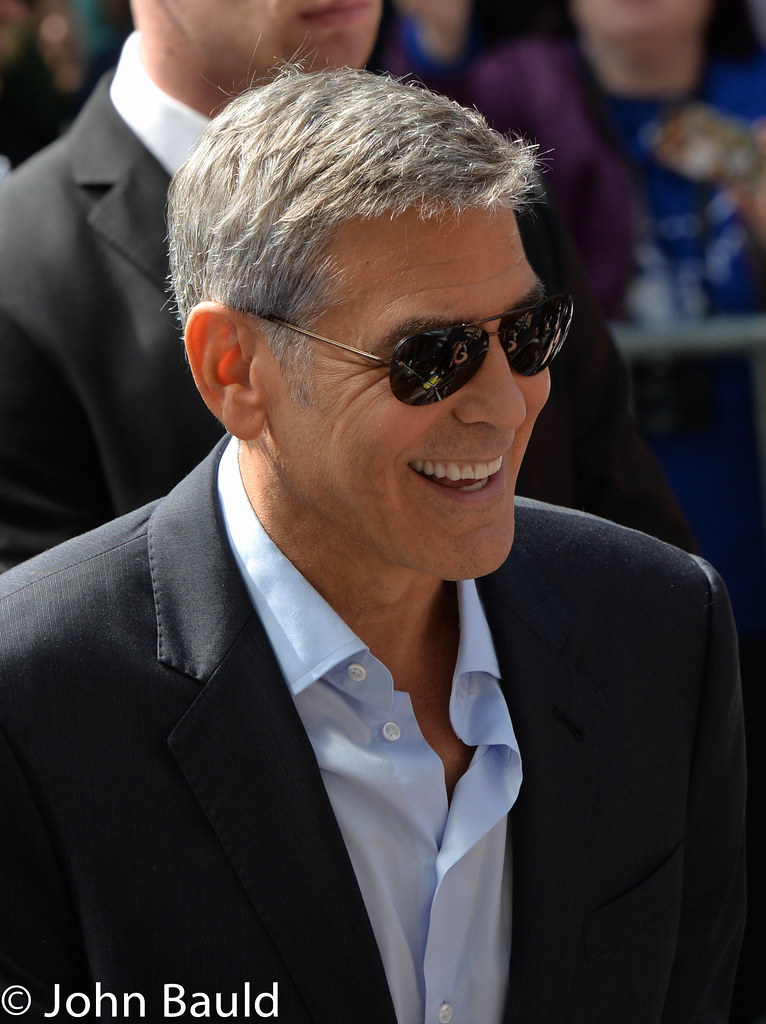
2. **His Perspective on Late Career Success and Understanding its Fleeting Nature**Unlike many Hollywood contemporaries who found meteoric fame in their twenties, George Clooney’s ascent to superstardom was a gradual climb, a testament to perseverance in a notoriously fickle industry. This delayed gratification, as he openly discusses, profoundly shaped his perspective on success, grounding him in a way that early fame might never have allowed. His journey wasn’t an overnight sensation, but a hard-earned maturation.
“I didn’t really get successful, in the kind of success that can be blinding, until I was 33 years old [when ER began],” Clooney candidly revealed in his Vanity Fair interview. For over a decade prior to donning Dr. Doug Ross’s scrubs, he had navigated the challenging currents of audition rooms and smaller roles. This sustained effort instilled in him a crucial sense of humility and a deep appreciation for the precariousness of his profession. This foundation proved invaluable.
He emphasized the significance of those formative years, noting, “I’d been working for 12 years at that point.” This extensive apprenticeship, often out of the public eye, allowed him to hone his craft, understand the mechanics of the business, and develop a robust resilience. It was during these years that he undoubtedly learned the value of hard work, the sting of rejection, and the sweet taste of minor victories, experiences that shaped the seasoned professional he would become.
This long road to recognition imbued Clooney with a rare perspective, a clear-eyed understanding of the ephemeral nature of fame. He articulated this with profound clarity: “I had a real understanding of how fleeting all of it is and how little it has to do with you, quite honestly.” This insight suggests his current equanimity, his refusal to be rattled by criticism, stems from this early, hard-won wisdom. He grasped early on that celebrity is a capricious mistress.
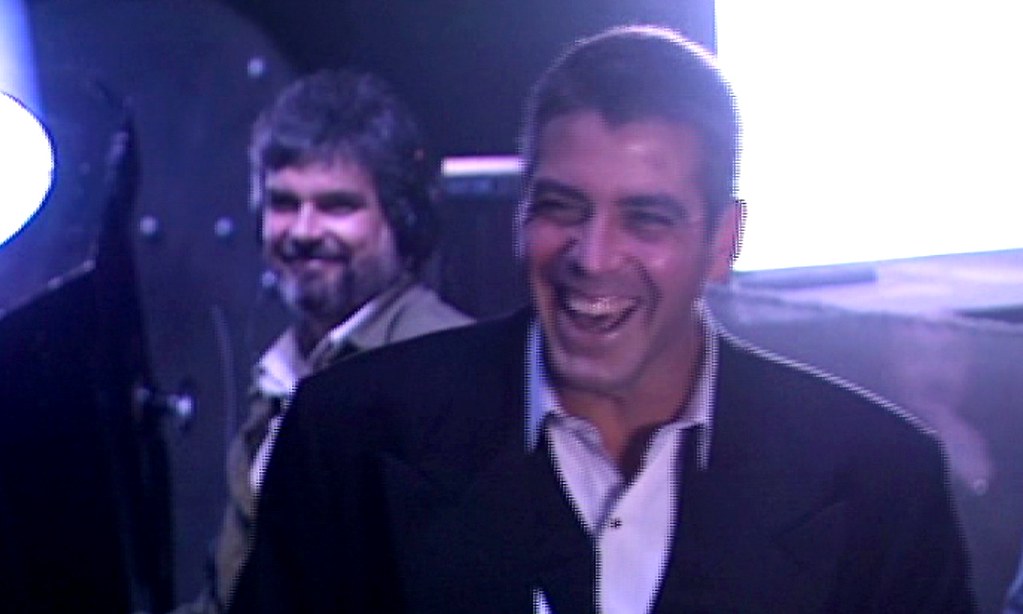
3. **The Unique Challenges of Playing “Himself”**The criticism that George Clooney “only plays himself” is often delivered as a slight, implying a lack of transformative ability. However, Clooney, in his characteristically insightful manner, turns this critique on its head by posing a rhetorical question that challenges the very premise of the accusation. He suggests that embodying an authentic version of oneself, especially under intense scrutiny, is far from an easy feat, requiring distinct and considerable skill.
Drawing a key line from his latest film, “Jay Kelly,” Clooney poses the provocative query: “Have you ever tried playing yourself? It’s hard to do.” This isn’t merely a flippant remark; it’s a profound observation on the complexity of self-portrayal. To project an authentic, relatable, yet compelling persona that resonates with millions, without resorting to caricature or artifice, demands a deep understanding of one’s own identity and how it translates to the screen. It is a subtle art often mistaken for a lack of effort.
He further elaborates on this nuanced point, suggesting that while his career may not have been “massively successful in lots of different directions,” this has paradoxically been a benefit. It implies that by not chasing every trend or attempting every conceivable character type, he has instead cultivated a unique cinematic presence. This consistent, recognizable quality, which critics might label “playing himself,” is precisely what allows audiences to connect with his characters on a deeper, more personal level across varied narratives.
The assertion that “playing yourself is hard to do” speaks to the constant negotiation between the actor’s true self and the character being portrayed, even when that character shares familiar traits. It involves heightened self-awareness, an ability to selectively reveal aspects of one’s own personality, and the discipline to maintain consistency under the gaze of a director and an audience. It requires vulnerability and authenticity that many actors struggle to achieve, often finding solace in complete dissociation. For Clooney, embracing this challenge seems a source of strength.
Read more about: Prince Rogers Nelson: The Architect of Sound – A Comprehensive Journey Through the Life and Enduring Legacy of a Musical Icon
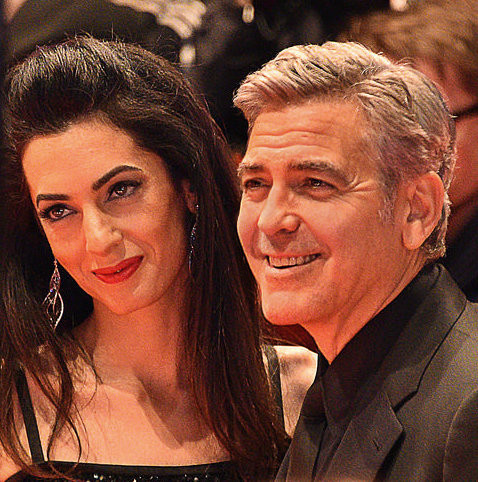
4. **Countering the Narrative: A Look at Clooney’s Diverse Filmography**Despite whispers that George Clooney simply portrays variations of his charming self, a closer examination of his extensive filmography quickly reveals a striking breadth of roles. His career trajectory, particularly after his breakout on “ER,” showcases a deliberate and successful effort to engage with a wide array of genres and character archetypes, demonstrating a versatility often overlooked by his detractors.
His tenure as Dr. Doug Ross on the hit medical drama “ER” from 1994 to 1999 launched him into the public consciousness as a charismatic leading man, earning him two Emmy nominations. However, he swiftly pivoted to film, deliberately choosing projects that pushed against the easy confines of his newfound television fame. From the gritty, vampiric terror of “From Dusk Till Dawn” to the suave, ensemble heist capers of the “Ocean’s” franchise, Clooney demonstrated an early eagerness to experiment.
The true depth of his range becomes even more apparent when considering his more intense and character-driven performances. Films like “Michael Clayton” (2007) presented him as a corporate fixer grappling with profound moral dilemmas, a far cry from his smooth-talking Danny Ocean. Similarly, his role in “Syriana” (2005) saw him transform physically and emotionally into a grizzled CIA operative, a performance that earned him an Academy Award. These roles demanded a gravitas and internal conflict that transcended superficial charm.
Further testament to his versatility can be found in projects such as the Coen Brothers’ “O Brother, Where Art Thou?” (2000), where he masterfully blended broad comedy with period charm, or his turn as an astronaut in “Gravity” (2013). Even his portrayal of a manic, wide-eyed paranoid character in “Burn After Reading” (2008) is “undeniably distinct from the suave, Cary Grant-esque charm he exhibits in ‘Ocean’s Eleven,’” as one analysis points out. His willingness to tackle roles that challenge perceptions is evident.
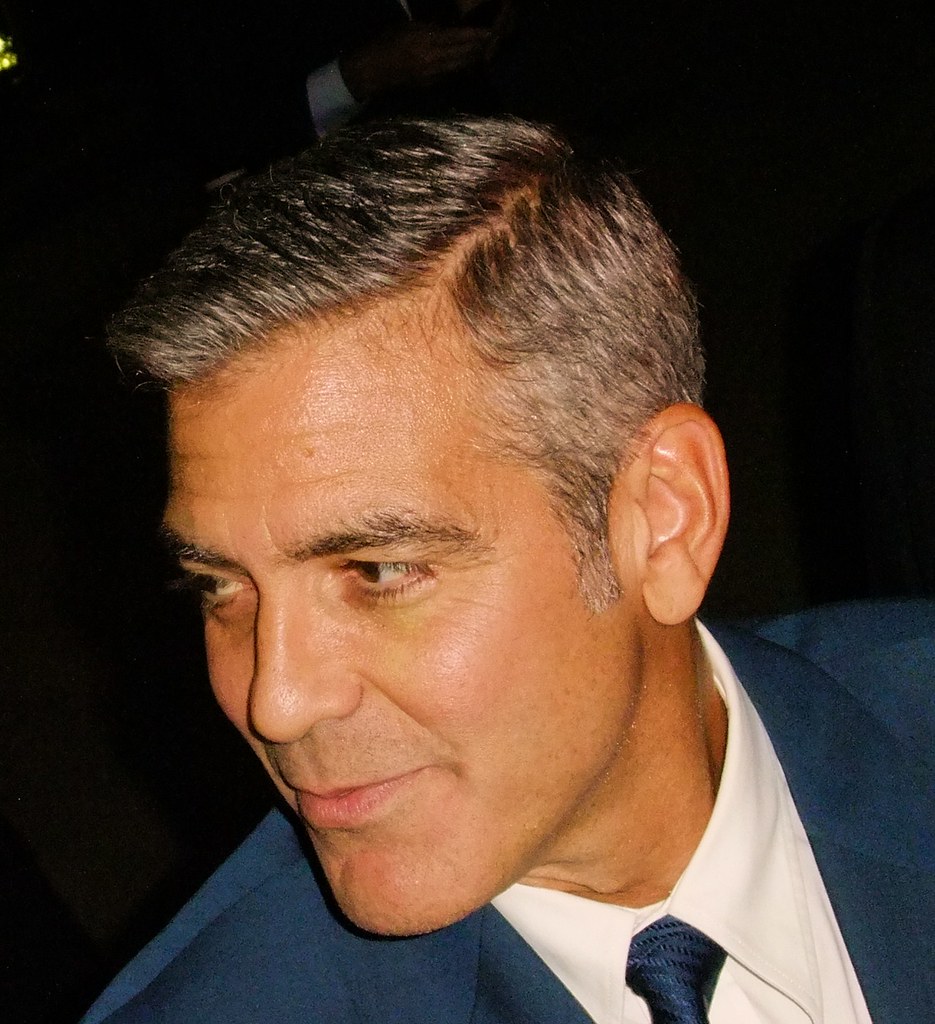
5. **”Jay Kelly”: A Reflective Role and its Echoes in Clooney’s Own Career**George Clooney’s latest project, Noah Baumbach’s “Jay Kelly,” appears to be a role tailor-made for an actor of his stature and experience, offering a fascinating meta-commentary on his own enduring career. The film casts Clooney as a “world-famous movie star in his 60s who faces a personal reckoning when he travels to an Italian film festival to receive a tribute award,” a narrative strikingly mirroring aspects of Clooney’s public persona and the very criticisms he often confronts. This alignment makes “Jay Kelly” not just a film, but a potential reflection.
The premise itself, featuring an aging A-lister facing “so-called limited range” accusations, directly echoes the “playing himself” critique that has followed Clooney for years. This narrative resonance offers Clooney a unique opportunity to address, or at least acknowledge, these discussions within the artistic framework of the film. It’s a bold choice, indicating an actor deeply comfortable with his public image and willing to engage with it artistically, rather than shying away from perceived vulnerabilities.
Interestingly, Clooney recalled a humorous struggle with director Noah Baumbach’s demanding style during filming. “I literally said to him, ‘Noah, look, I love the script. I love you as a director, but I’m 63 years old, dude — I can’t do 50 takes,’” Clooney recounted. His jovial plea highlights the physical realities of age in filmmaking, but his follow-up, “‘I don’t have it in me. I’ve got the acting range from A to B,’” is particularly telling. It’s a self-deprecating nod to the very criticism he is so often attributed with, yet delivered with a wink.
The supporting cast of “Jay Kelly” further elevates its profile, with Laura Dern playing his character’s publicist and Adam Sandler his manager. This ensemble, combined with Baumbach’s distinctive directorial voice, promises a film rich in observational detail and human insight. For Clooney, taking on a role that so directly engages with the discourse around his own career is a testament to his confidence and artistic curiosity, transforming potential vulnerability into a compelling performance that invites audiences to look beyond the surface of celebrity.
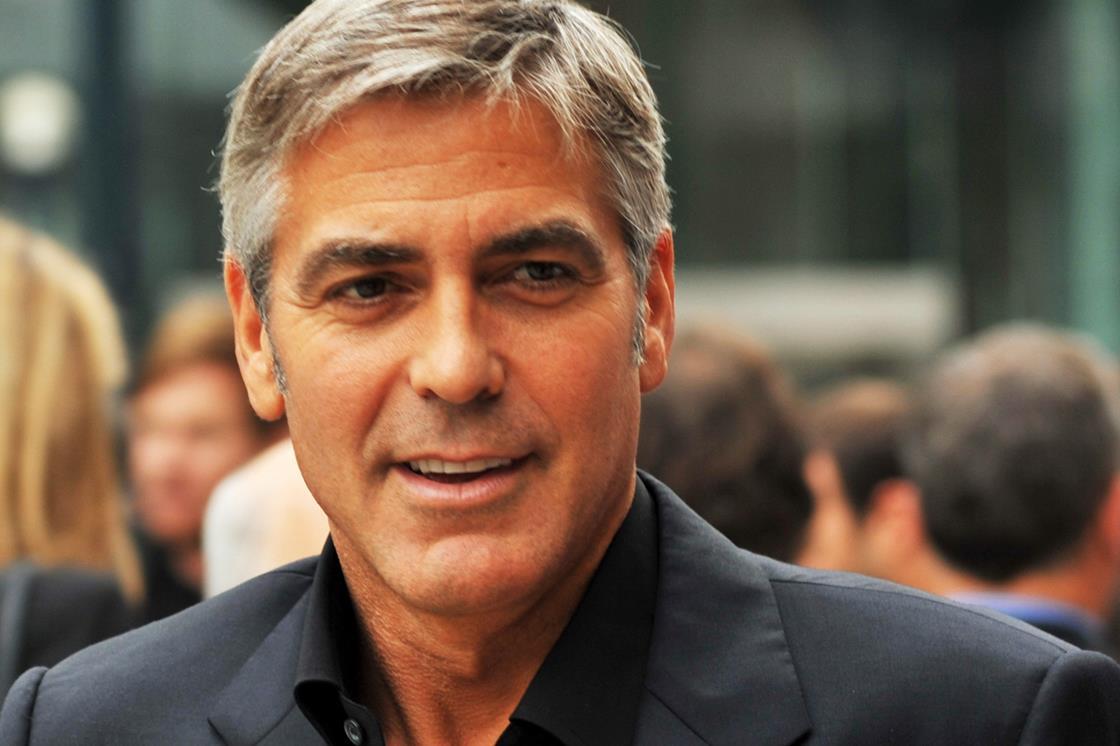
6. **Embracing the Inevitable: George Clooney on Aging in Hollywood**Hollywood, a town famously obsessed with youth, often presents a difficult landscape for actors navigating later stages of their careers. Yet, George Clooney approaches the topic of aging in the industry with a refreshing sense of realism and acceptance, demonstrating a wisdom that comes from years spent under public scrutiny. He sees the passage of time not as diminishing, but as a natural evolution bringing new dimensions to his work and roles.
“When you’re an actor in my position, at my age, finding roles like this aren’t all that common,” Clooney observed, acknowledging the shifting opportunities that come with maturity. This candid admission isn’t tinged with bitterness, but rather a pragmatic understanding of the industry’s dynamics. He recognizes that the types of characters available, and the heroic physical demands often associated with leading roles, naturally change as one gets older, necessitating an adjustment in expectations and choices.
His philosophy on confronting this reality is remarkably straightforward, resonating with an admirable sense of self-awareness. “If you can’t make peace with aging, then you’ve got to get out of the business and just disappear,” Clooney asserted. This powerful statement underscores his belief in embracing the natural progression of life, rather than fighting against an unstoppable force. For him, artistic longevity isn’t about defying age, but about adapting to it and finding new ways to express oneself creatively.
Clooney even finds humor and new avenues for character development in the physical changes that come with age. “I’m now the guy that, when I go running after a bad guy, it’s funny — it’s not suspenseful. That’s okay. I embrace all of that.” This self-deprecating honesty illustrates his comfort with his evolving screen persona. It demonstrates a willingness to lean into the comedic potential of aging, transforming what might be a limitation into an engaging and relatable aspect of his performances.
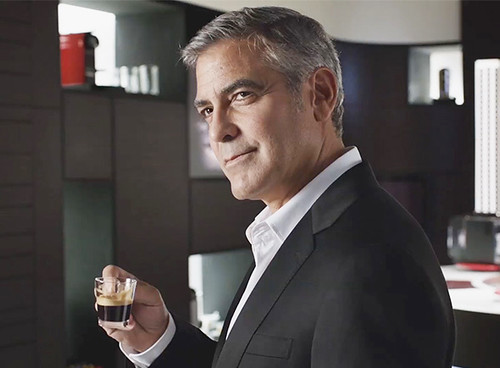
7. **Unsung Brilliance: Clooney’s Profound Praise for Adam Sandler’s Acting Depth**In a delightful departure from discussing his own career, George Clooney turned his insightful gaze toward one of his “Jay Kelly” co-stars, offering a profound and unexpected endorsement of Adam Sandler’s dramatic capabilities. Often typecast as a “goofy comedian” due to his hugely successful blockbuster comedies, Sandler’s artistic depth is frequently underestimated. Clooney, however, sees beyond the surface and champions Sandler as a truly significant, soulful actor, revealing rare generosity among peers.
“This film, more than any film Adam has done, shows what a beautiful, heartfelt, soulful actor he is,” Clooney enthused, his words painting a vivid picture of Sandler’s often-unseen talent. This isn’t faint praise; it’s a declaration of admiration for a colleague’s profound ability to connect with an audience on an emotional level. Clooney’s observation highlights a nuanced understanding of acting that goes beyond mere comedic timing, recognizing the underlying humanity and vulnerability that Sandler brings to his more serious roles.
Clooney took it upon himself to educate his fellow cast members, dispelling any preconceived notions about the comedian. “I kept telling the cast, ‘Don’t call him Sand Man. Don’t talk to him like he’s just some goofy comedian. He’s actually a really beautiful, wonderful actor,’” Clooney recalled. This directive speaks volumes about Clooney’s respect for Sandler’s craft and his desire to ensure that his co-star was seen and treated with the gravity his dramatic work deserves, fostering an environment of genuine appreciation on set.
He also astutely analyzed why Sandler’s dramatic prowess might be overlooked. “Because of what his paycheck is, which is doing big goofy comedies, when he does these other, beautiful, ‘Uncut Gems’ kinds of movies, it reminds people of that,” Clooney explained. This observation sheds light on commercial realities and how an actor’s brand can overshadow their artistic aspirations. For Clooney, Sandler’s ability to transition between these worlds isn’t a contradiction, but a testament to a multifaceted talent deserving more recognition.

